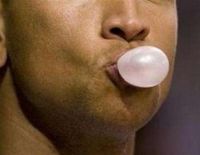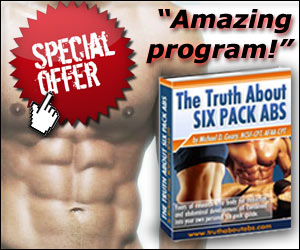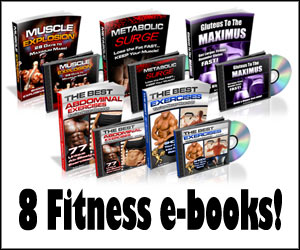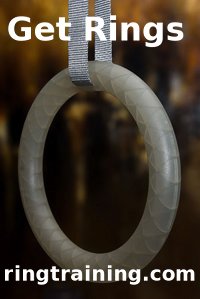Obesity may have been a status symbol at one point in our tiny history. Having an abundance of midsection was correlated to having wealth and the riches to afford lavishness in the 17th century. If that were still the case, you’d expect every other person to be in the money these days. Or at least 40 percent of men and 30 percent of women.
A new global study revealed that 4 in 10 men and 3 in 10 women are overweight, while 24 percent of men and 27 percent of women are obese, researchers reported in Circulation: Journal of the American Heart Association.
The study consisted of looking at over 160,000 people ranging in age from 18 to 80 over 63 countries across five continents. The results of the study provide a sneak peak at body fat worldwide. And by sneak peak, I mean showing something that is becoming common knowledge - that obesity is pandemic. With “one half to two thirds” of the study population being overweight or obese, that is practically an understatement.
Rather than look at BMI (body mass index - a height to weight ratio), the study looked at waist circumference. According to the lead author of the study, waist circumference is not only easier to measure in a clinical setting, it is also a better indicator of heart disease and diabetes risk.
In the study, 168,159 people (69,409 men, 98,750 women) from 18 to 80 years old (average age 48) in 63 countries across five continents were evaluated by their primary care physicians.
“For men, each increase of approximately 5.5 inches (14 centimeters) means an increased frequency of about 35 percent for heart disease and for women an increase of approximately six inches (15 centimeters) equates to a 40 percent increase for heart disease. Even in people who are lean, an increasing waist circumference means increasing risk for heart disease and diabetes.”
So what has happened to make our World so obese? If it is such a health issue and not uncommon sense, then why is it becoming more and more of a problem? It’s great that we know all the facts but what about a solution?
No Comments | In: diet | | #
 There is a large body of evidence that having a
There is a large body of evidence that having a  Sometimes you feel hungry when you don’t really need to eat. Typically in these moments are in between meals and usually less healthy choices are made - we reach for the bag of chips or chocolate bars - yes, the joys of snack time.
Sometimes you feel hungry when you don’t really need to eat. Typically in these moments are in between meals and usually less healthy choices are made - we reach for the bag of chips or chocolate bars - yes, the joys of snack time.

